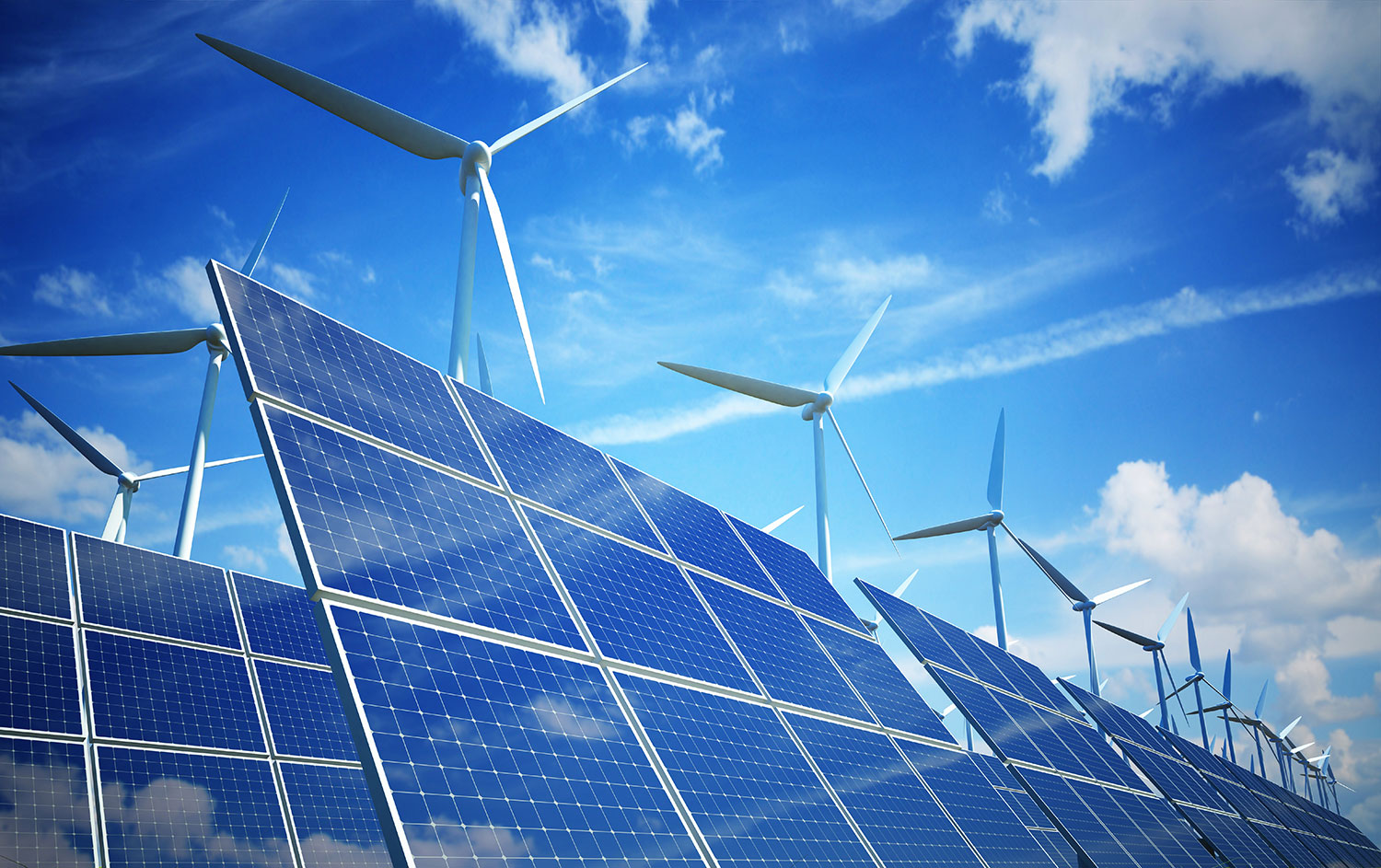Communicating through the energy transition
Energy has rarely been higher up the political and news agendas. Within the over-arching context of climate change and the epochal challenges it presents, and against the dreadful backdrop of the war in Ukraine, the issues of security of supply and the cost of energy have been front and centre as governments grapple with meeting the needs of their populations and the needs of the planet.
Given this, engaging with stakeholders has never been more critical for companies who are exploring for, or producing, oil and gas. The part they will play in the energy transition is an important, indeed crucial one, but it has to be communicated effectively and with appropriate nuance. There will be no ‘light switch’ moment when hydrocarbons cease to be used and we move to a renewables-only energy supply environment overnight. Instead, there will indeed be a transition that will take many years, even decades, and it will present complex challenges as societies built on the power of fossil fuels make enormous adjustments to become part of a world with less oil and gas, and more wind, solar and hydrogen.
In the UK, the high-profile debates over the future of large oil fields such as Cambo and the recently approved Rosebank have increased interest amongst a range of stakeholders in how new resources will be developed on the UKCS, and by whom.
Never has crafting your message been so important to sector participants, especially with such high levels of media and market scrutiny.
The companies who embrace the requirements of the net zero transition deal with the government regulator, the North Sea Transition Authority, and communicate most effectively with their audiences will have an advantage in gathering both capital and potentially asset acquisition opportunities. The challenge will be for them to articulate their role within the transition to their stakeholders with clarity and confidence as a period of real change unfolds.



















